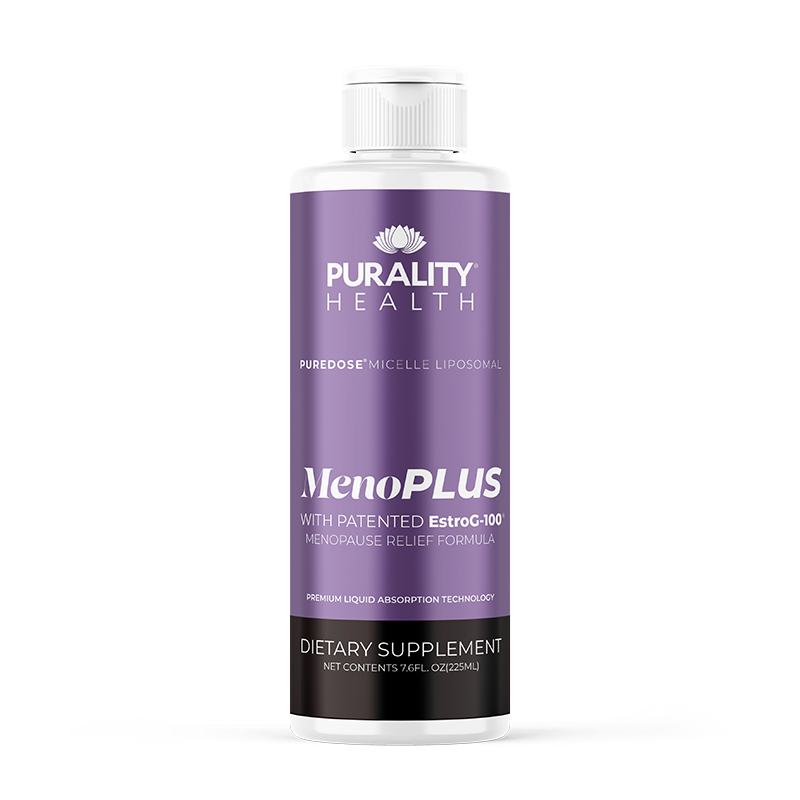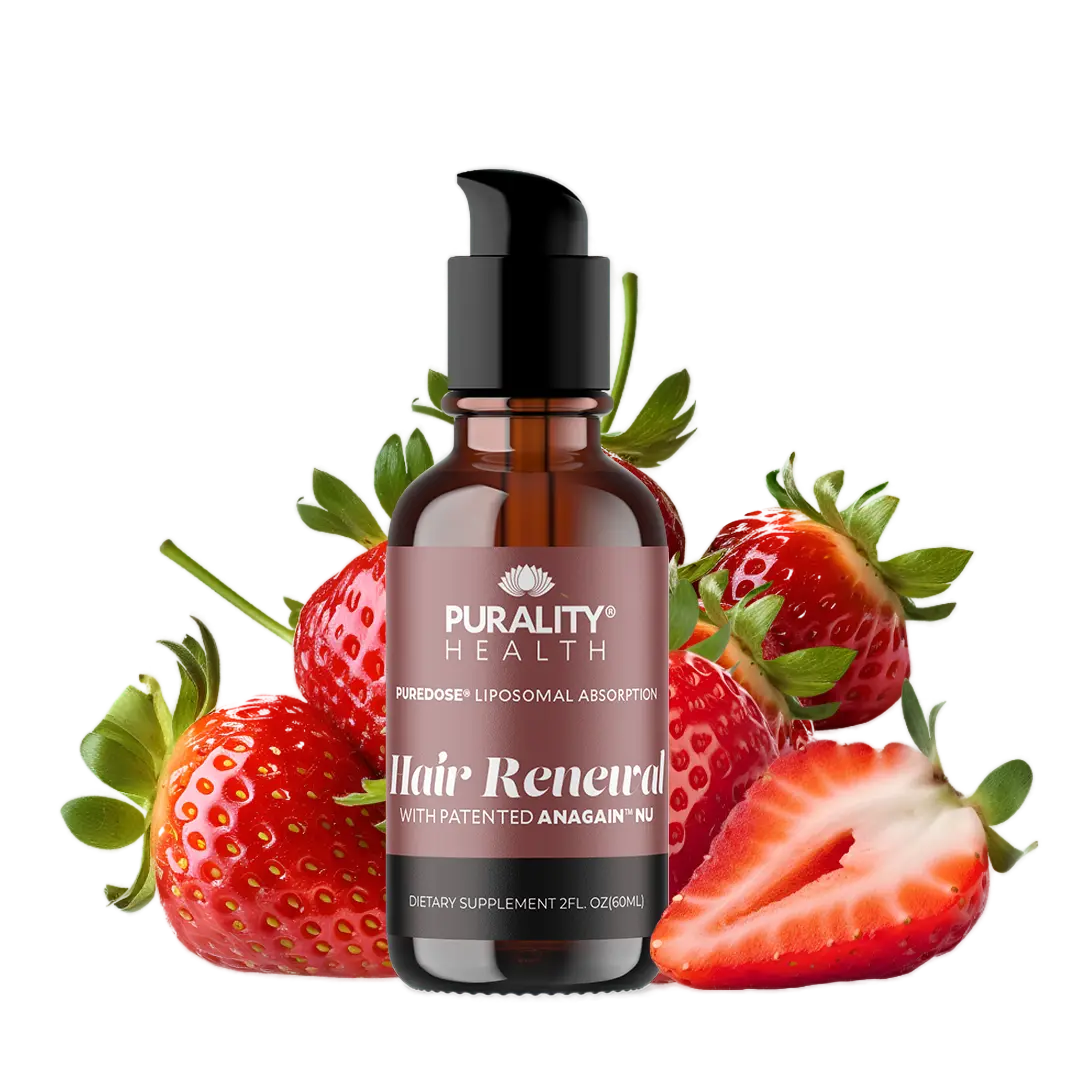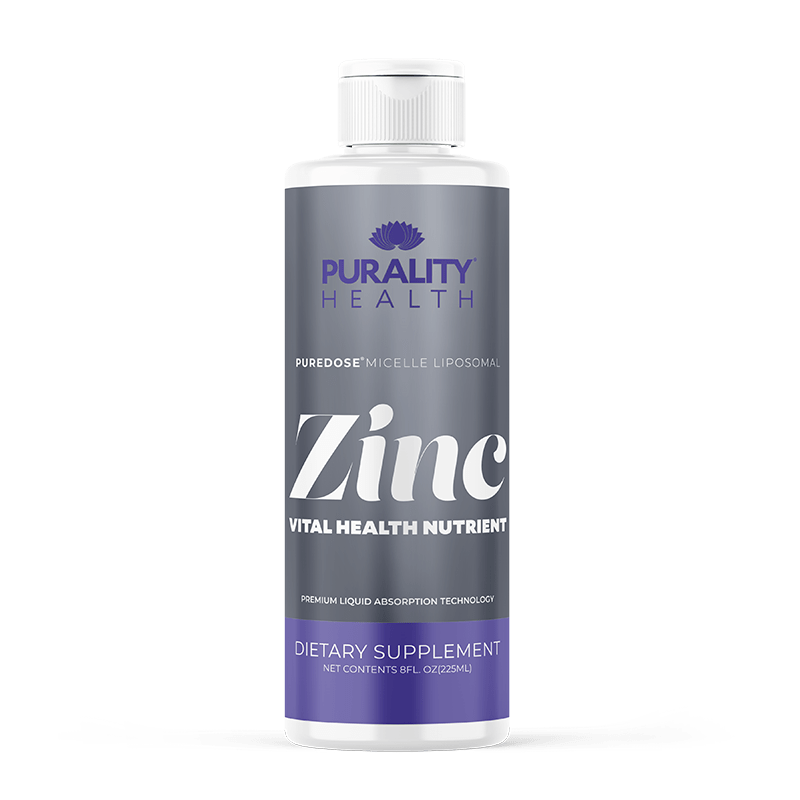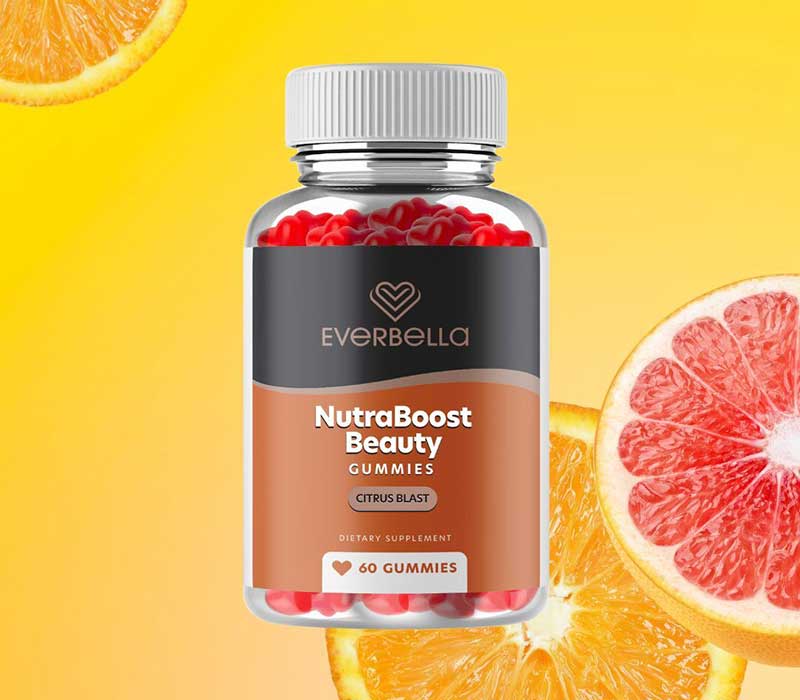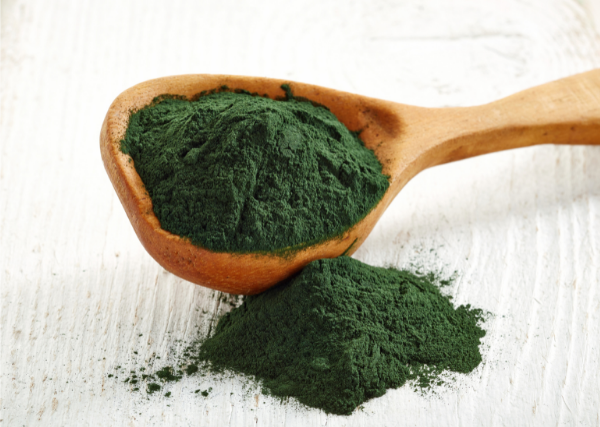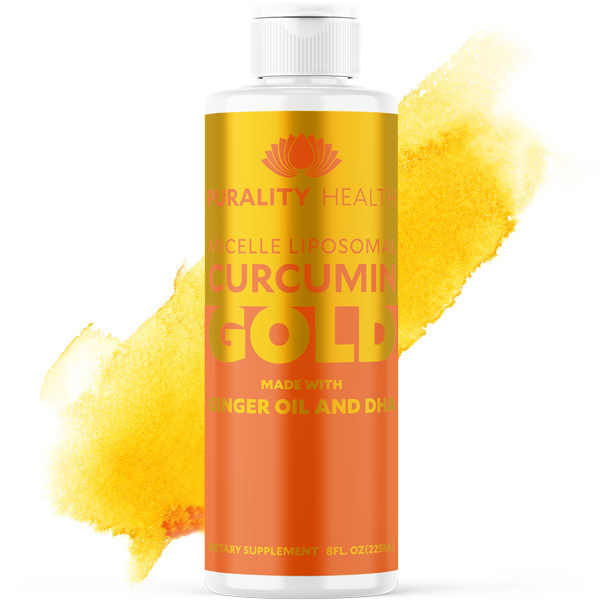7 Supplements That Fight Inflammation
 If you’re eating a healthy diet, you may be getting a fair amount of nutrients and compounds that help fight inflammation. But if you’re looking to dominate in your fight against inflammation, there are some supplements that you can take to help you achieve that goal.
If you’re eating a healthy diet, you may be getting a fair amount of nutrients and compounds that help fight inflammation. But if you’re looking to dominate in your fight against inflammation, there are some supplements that you can take to help you achieve that goal.
Inflammation is a natural part of immunity. It’s the process of your immune cells responding to an injury or the invasion of foreign bodies like pathogens. This is called “acute inflammation”. It’s necessary and beneficial.
But when this inflammation sticks around or becomes triggered when it’s not needed, this is when problems arise. This is called “chronic inflammation”. The body is continually sending immune cells to where they are not needed, causing damage to the affected area.
Chronic inflammation is the precursor to many serious diseases. As such, it’s important to ensure that your body has a healthy inflammatory response, only providing immune cells when they’re actually required for healing.
In today’s blog, we’ll cover seven supplements you can take to help ensure that the body has a healthy inflammatory response – dealing with injuries and invaders quickly and efficiently, while only responding when necessary.
1. Curcumin
Curcumin is the main active compound found in turmeric. Turmeric is a root that has been used for thousands of years medicinally, in cuisine, and as part of ceremonies. It has a rich yellow which can bring a nice color to any dish, as well as a rich nutrient profile.
Curcumin has been shown to have many health benefits, including reducing the inflammation related to several health conditions. [1, 2, 3]
It has also demonstrated the ability to help manage the inflammation and discomfort associated with joint issues. [4, 5]
In one study, those with metabolic syndrome were given either curcumin or a placebo. The curcumin was found to significantly improve the oxidative and inflammatory status in patients with metabolic syndrome. [6]
A similar study found that curcumin not only reduced inflammatory markers, but improved the quality of life for patients suffering from illness. [7]
To learn more about the benefits of curcumin, click here.
2. Fish oil
Fish oil supplements include omega-3 fatty acids, which are critical for a healthy lifestyle. They can help decrease the inflammation caused by several different types of health conditions. [8, 9, 10, 11]
The main types of omega-3s in fish oil are eicosapentaenoic acid (EPA) and docosahexaenoic acid (DHA).
DHA in particular has been found to have great health benefits. Research has shown that it can help your body have a healthier inflammatory response, support gut health, and decrease the inflammation and muscle damage that can occur after exercise. Compared to a placebo, studies show that DHA can significantly reduce inflammatory markers. [12, 13, 14, 15, 16, 17]
Fish oil supplements are considered healthy and well-tolerated, but they can cause fishy burps, bad breath, heartburn, and gastrointestinal upset.
To find out a better way to get DHA (without the gross burps and breath) click here!
3. Ginger
Ginger is another root that is popular not just in the kitchen, but as a health remedy.
There are two main compounds in ginger that allow it to help support a healthy inflammatory response – gingerol and zingerone. These have been shown to not only reduce the inflammation caused by many health conditions, but to help manage blood sugar levels. [18, 19, 20, 21, 22]
Studies have demonstrated that ginger supplements can significantly reduce inflammatory markers in those suffering from chronic inflammation. [19, 20]
Click here to see how you can easily supplement ginger (along with two other powerful anti-inflammatory compounds).
4. Spirulina 
Spirulina is a type of blue-green algae. Not only does it have strong antioxidant effects, studies have shown that it reduces inflammation, promotes healthy aging, and can strengthen the immune system. [23, 24, 25, 26]
Studies in older adults have found that spirulina can improve inflammatory markers, anemia, and immune function. [27]
Spirulina typically comes in a deep green powder which can be added to juices, smoothies, or other recipes.
5. Vitamin D
Known as the sunshine vitamin, vitamin D is an essential fat-soluble nutrient responsible for many crucial functions throughout the body.
It also plays a role in immune health and can have some anti-inflammatory properties.
Through several studies, researchers have observed a link between low vitamin D levels and the presence of inflammation. [28, 29, 30]
One study gave women with premenstrual syndrome either vitamin D or a placebo. Over the four month period of the study, the women taking the vitamin D showed lower levels of inflammation. [31]
A similar study from 2018 found the same results. [32]
There are many different forms of vitamin D supplements available. However, most people make a crucial mistake when taking vitamin D. To find out what it is – and to make sure you’re not making the same mistake – click here.
6. Garlic
Garlic is another common food that’s loaded with anti-inflammatories.
Its most potent anti-inflammatory compound would be allicin. On top of fighting inflammation, this agent has been shown to strengthen the immune system. [33]
In one study, subjects with obesity received either a daily dose of garlic or a placebo. Those who took the garlic saw a significant decrease in certain inflammatory markers. [34]
You can simply eat garlic regularly for its benefits or take a daily garlic supplement.
7. Vitamin C
Vitamin C is another essential nutrient that your body needs for several functions throughout the body. If you’re thinking it seems like vitamin C can do everything, that’s because it basically can! This is why it’s so important to ensure that you’re providing your body with high levels of it on a daily basis.
Because it’s such a powerful antioxidant, vitamin C can help reduce inflammation by neutralizing free radicals in the body and the damage they cause. And due to how it bolsters the immune system, it can promote a healthier inflammatory response. [35]
Additionally, it’s been shown to reduce inflammation in ill patients when given in high doses. [36]
If you want enough vitamin C to thrive – instead of just taking enough to stave off a deficiency – you need to make sure you’re taking a supplement that can actually get absorbed and used by your body.
Click here to see why this is so important.
The ultimate inflammation fighter
Curcumin, DHA, and ginger are all powerful substances when it comes to helping your body have a healthy inflammatory response.
This can allow your immune system to function optimally…
And for you to be the healthiest version of yourself.
What’s amazing is that…
Purality Health’s Curcumin Gold contains all three of these powerful substances.
Plus, they’re in a highly absorbable form.
This means your body can actually take them in and use them…
Making their benefits even more impactful.
References and resources
- https://pubmed.ncbi.nlm.nih.gov/26774676/
- http://accurateclinic.com/wp-content/uploads/2020/10/Curcumin-the-golden-nutraceutical-multitargeting-for-multiple-chronic-diseases-2017.pdf
- https://pubmed.ncbi.nlm.nih.gov/31398884/
- https://pubmed.ncbi.nlm.nih.gov/25688638/
- https://www.ncbi.nlm.nih.gov/pmc/articles/PMC6284537/
- https://pubmed.ncbi.nlm.nih.gov/25618800/
- https://pubmed.ncbi.nlm.nih.gov/24648302/
- https://www.ncbi.nlm.nih.gov/pmc/articles/PMC3775255/
- https://pubmed.ncbi.nlm.nih.gov/32796608/
- https://www.ncbi.nlm.nih.gov/pmc/articles/PMC6371080/
- https://pubmed.ncbi.nlm.nih.gov/26829184/
- https://pubmed.ncbi.nlm.nih.gov/24954162/
- https://www.ncbi.nlm.nih.gov/pmc/articles/PMC5986432/
- https://www.ncbi.nlm.nih.gov/pmc/articles/PMC5941937/
- https://pubmed.ncbi.nlm.nih.gov/25029008/
- https://www.ncbi.nlm.nih.gov/pmc/articles/PMC4763838/
- https://www.ncbi.nlm.nih.gov/pmc/articles/PMC5751248/
- https://journals.lww.com/md-journal/fulltext/2019/03290/Dietary_ginger_as_a_traditional_therapy_for_blood.60.aspx
- https://pubmed.ncbi.nlm.nih.gov/26855719/
- https://pubmed.ncbi.nlm.nih.gov/24490949/
- https://pubmed.ncbi.nlm.nih.gov/24312847/
- https://pubmed.ncbi.nlm.nih.gov/24885946/
- https://pubmed.ncbi.nlm.nih.gov/25599112/
- https://www.ncbi.nlm.nih.gov/pmc/articles/PMC5490612/
- https://pubmed.ncbi.nlm.nih.gov/32633894/
- https://www.sciencedirect.com/science/article/pii/S1876034119301650
- https://pubmed.ncbi.nlm.nih.gov/21278762/
- https://pubmed.ncbi.nlm.nih.gov/30596263/
- https://pubmed.ncbi.nlm.nih.gov/30596263/
- https://pubmed.ncbi.nlm.nih.gov/32603576/
- https://pubmed.ncbi.nlm.nih.gov/31624297/
- https://pubmed.ncbi.nlm.nih.gov/30246883/
- https://www.ncbi.nlm.nih.gov/pmc/articles/PMC7402177/
- https://pubmed.ncbi.nlm.nih.gov/29576354/
- https://pubmed.ncbi.nlm.nih.gov/29099763/
- https://pubmed.ncbi.nlm.nih.gov/33121019/



